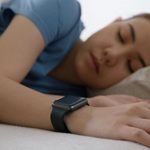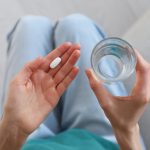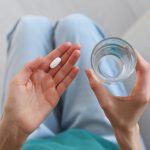
Need to get your shut-eye on time? What you eat could make a difference, according to a new study. Researchers found that college athletes who ate more carbohydrates and vitamins B12 and C tended to go to sleep and wake up earlier. It’s possible that these nutrients might increase synthesis of vital hormones that regulate sleep, including serotonin and melatonin, the authors said. “For athletes, success is measured not only by readiness to perform but also resiliency on and off the field,” said first author Lauren Rentz, a doctoral student at West Virginia University. “We know that sleep helps the body heal from daily physical and mental stress and influences future physical and mental performance,” she said. “The relationship between sleep and nutrient intake hasn’t been researched as thoroughly in high-performing athletes, who consistently experience large amounts of stress.” For the study, researchers evaluated sleep and nutritional patterns of 23 women who play college soccer. Each of the athletes wore a smart ring that tracked their sleep for 31 straight nights during the season. They also recorded their food intake during the final three days. The study found links between nutrient consumption and sleep timing but not duration. Most of the athletes averaged seven to eight hours of sleep a night. They also met recommended intake for many vitamins, but not for all their nutritional… read on > read on >

















